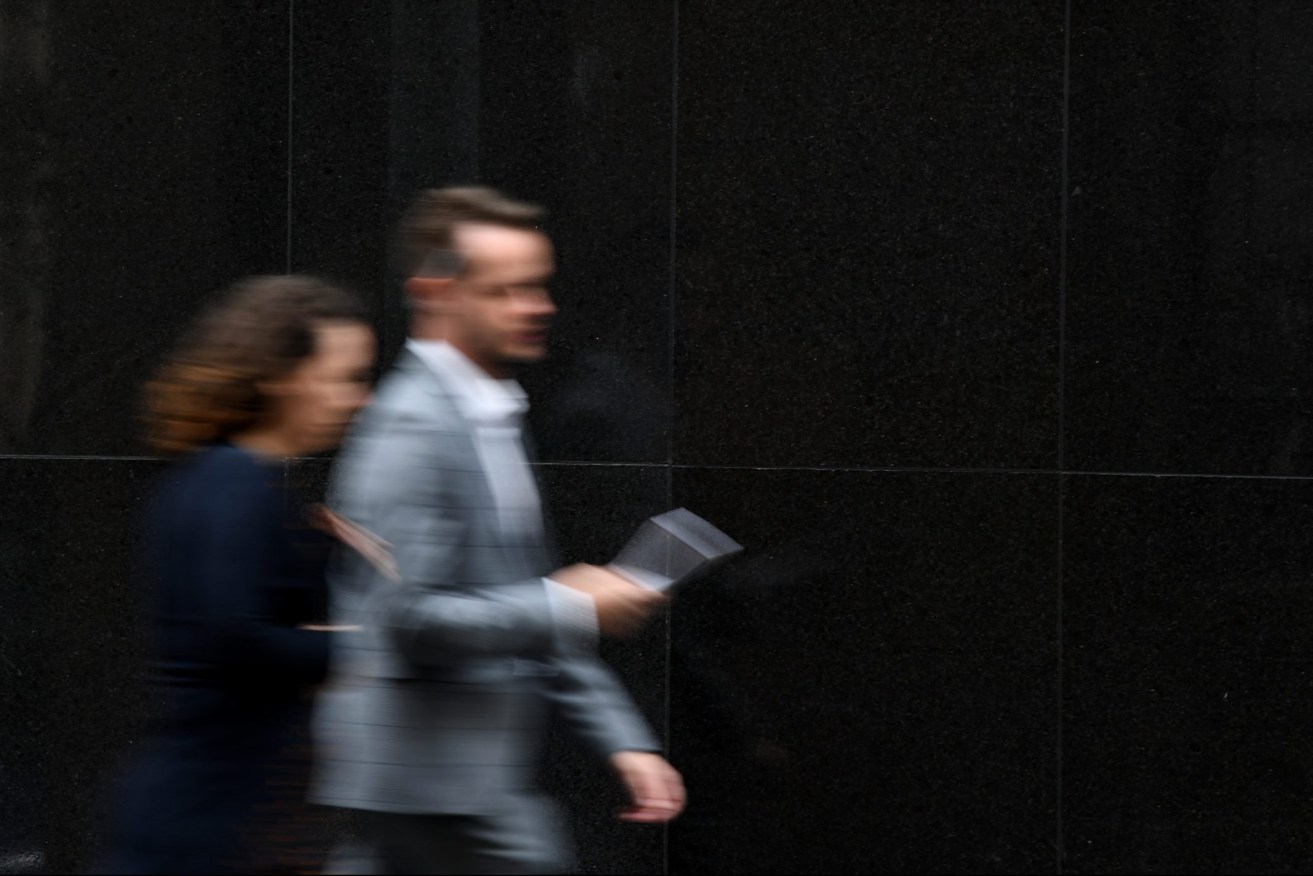Another interest rate hike to hit as home buyers turn their back on the market
The fear of missing out on the housing boom has reversed as buyers flee the market and interest rates are tipped to rise again next week.


Another rate hike is expected next week (AAP Image/Joel Carrett)
The last of the big interest rate hikes is expected to be delivered by the Reserve Bank next week as the real pain for home loan borrowers and the Australian economy starts to emerge.
The Reserve Bank is expected to increase the benchmark cash rate by another 50 basis points (0.5 per cent) to 2.35 per cent at next Tuesday’s meeting.
That would follow data from CoreLogic showing the fall in house prices in Brisbane started to accelerate to 1.8 per cent in August.
While that sounds like a small amount, it represents a fall of 21 per cent if it was to continue for the next 12 months, whereas forecasts were for Brisbane to fall by about 15 per cent.
The CoreLogic data showed the Sunshine Coast house prices fell by 4.5 per cent in August, but it grew by more than 30 per cent during the boom last year.
Australian Bureau of Statistics data showed a massive drop in home loan commitments in July.
In Queensland, owner occupier lending dropped by 9.6 per cent in dollar terms and investor borrowing by 18.8 per cent.
RateCity’s Sally Tindall said the dramatic drop in home lending in July “echoes what we’re seeing in the property market, where would-be buyers are turning their backs on open homes in droves’’.
“While rising interest rates are causing havoc on people’s property buying budgets, others are stepping out of the market in the hope of finding a cheaper deal down the track,’’ she said.
“Suddenly, a ‘fear of missing out’ has pivoted to a ‘fear of getting in’, particularly with further property price drops expected in the months ahead.’’
Next week’s 50 basis point increase in the cash rate was expected to be the last of the big hikes because economists believed the increase would shift interest rates into the neutral zone where they were neither expanding the economy or contracting it.
From there, the hikes were likely to keep coming but at a lower 25 basis points each time until February next year by which time the cash rate would be 3.35 per cent.
Further increases were expected to push the economy into contraction and hopefully slow inflation.
Commonwealth Bank head of Australian economics Gareth Aird said the rapid pace at which the RBA had tightened policy meant “there is a degree to which the board is flying blind’’.
He said the data on inflation, unemployment, economic growth and wages had yet to pick up the impact of the increases in interest rates.
But the so-called second tier data had and it “suggests it could slow quite materially from here, particularly given monetary policy is expected to be tightened further’’.
“There is a case to be made to slow the pace of tightening at (next week’s meeting), but we do not anticipate that outcome.
“We anticipate this will be the last 50 basis point rate hike by the RBA.’’
Queensland’s housing finance approvals in July fell by 0.9 per cent but investor loans dropped by 12.6 per cent in the state.
Westpac economist Matthew Hassan said the correction was set to continue as the RBA delivers more rate hikes in coming months.
“Conditions are unlikely to improve until policymakers are convinced that the inflation threat has passed,’’ he said.
ANZ says total house lending still well above pre-Covid levels “and we think will fall a lot further’’.












